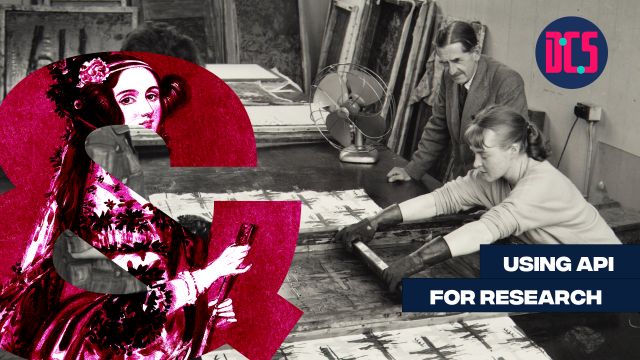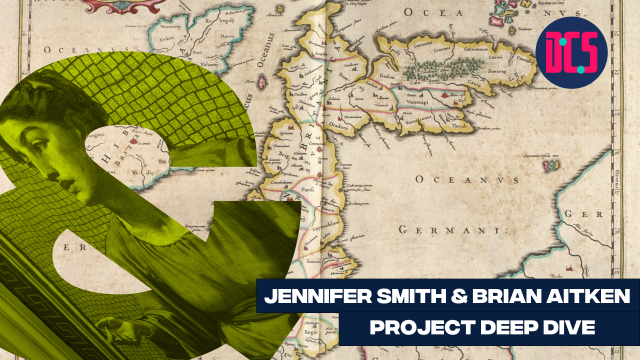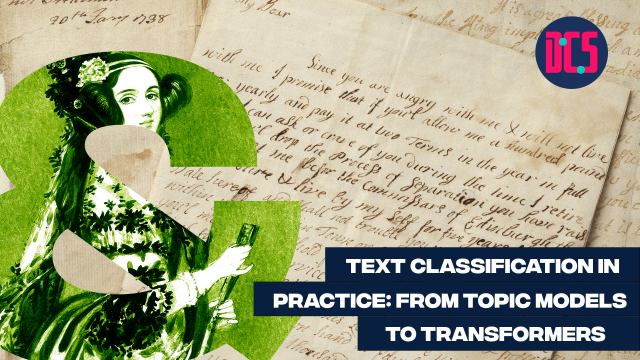Introduction to Geospatial Data and QGIS

In Person
This course is in two sessions. It will focus on developing skills and a fundamental understanding of Geospatial data and the basic functionalities of QGIS. Each session begins with a presentation introducing theoretical principles. This is followed by a guided practical exercise where these principles can be tested and applied, as well as developed upon.
The first session offers an introduction to the fundamentals behind Geospatial data and QGIS and covers:
- Projections and Coordinate Reference Systems (CRS)
- The difference between vectors and rasters
- Working with layers in QGIS
- Changing projections and the pitfalls of neglecting CRS
- Importing vectors, rasters and delimited text layers
- Spreadsheets, csv files and attributes/non-spatial data
- Saving and sharing geospatial data
The second session focuses on more complex geospatial processing methods by considering:
- Basic visualisation of geospatial data
- Georeferencing vectors
- Exporting and organising geospatial data
- Plugins and QGIS as opensource software
- Creating new data, attributes and layers using the QGIS Processing Toolbox
- Using the field calculator in QGIS
- The print composer and exporting maps
The course will ultimately develop a foundational understanding of Geospatial data and the functionality of QGIS through interactive participation in each session. Crucially, this will foster a familiarity with the basic principles and software, allowing attendees to confidently apply these, or indeed seek out new applications for their own and future research.
This is a beginner training event, and no previous knowledge of the method is needed.
Those who have registered to take part will receive an email with full details on how to get ready for this course.
This course will be taught by Ki Tong.
After taking part in this course, you may decide that you need some further help in applying what you have learnt to your research. If so, you can book a Data Surgery meeting with one of our training fellows.
More details about Data Surgeries.
If you’re new to this training event format, or to CDCS training events in general, read more on what to expect from CDCS training. Here you will also find details of our cancellation and no-show policy, which applies to this event.
If you are interested in other training on Geographical Data, you can have a look at the following:
- Silent Disco: Geocoding Historical Data using QGIS
- Digital Method of the Month: Geospatial Data and GIS
Return to the Training Homepage to see other available events.
Room 4.35, Edinburgh Futures Institute
This room is on Level 4, in the North East side of the building.
When you enter via the level 2 East entrance on Middle Meadow Walk, the room will be on the 4th floor straight ahead.
When you enter via the level 2 North entrance on Lauriston Place underneath the clock tower, the room will be on the 4th floor to your left.
When you enter via the level 0 South entrance on Porters Walk (opposite Tribe Yoga), the room will be on the 4th floor to your right.












